Buy Olumiant (baricitinib) Online For Sale
From $999.00
DISEASE INDICATIONS: Rheumatoid Arthritis
MANUFACTURER: Eli Lilly Nederland B.V.
USAGE: Oral
MEDICINE APPROVED BY: European Medical Agency (EMA)
Olumiant (baricitinib) is a medication used to treat adults with rheumatoid arthritis. It is a JAK inhibitor, which inhibits the production of inflammatory substances. The RA-BEAM clinical trial showed significant improvements in patients who received Olumiant compared to placebo.
Olumiant (baricitinib) is a prescription medication used to treat adults with moderate to severe active rheumatoid arthritis. It is manufactured by Eli Lilly and Company and was first approved by the U.S. Food and Drug Administration (FDA) in June 2018.
What is rheumatoid arthritis?
Rheumatoid arthritis is a chronic autoimmune disease that causes inflammation of the joints, resulting in pain, stiffness, and swelling. The disease can also affect other areas of the body, such as the lungs, eyes, and blood vessels.
How does Olumiant work?
Olumiant belongs to a class of medications known as Janus kinase (JAK) inhibitors. It works by inhibiting the activity of JAK enzymes, which are involved in the production of inflammatory substances in the body.
Clinical trials for Olumiant
The FDA approval of Olumiant was based on several clinical trials, including the RA-BEAM trial. This trial enrolled 1305 patients with moderate to severe active rheumatoid arthritis who were not adequately responding to methotrexate therapy. Patients were randomized to receive either Olumiant or a placebo, in addition to methotrexate therapy for 52 weeks.
The study found that patients who received Olumiant experienced significant improvements in the signs and symptoms of rheumatoid arthritis compared to patients who received the placebo. Additionally, Olumiant was generally well-tolerated, with similar rates of adverse events in both treatment groups.
Side effects of Olumiant
The most common side effects of Olumiant include upper respiratory tract infections, nausea, and increased cholesterol levels. Other side effects may include diarrhea, headache, and rash. Patients should contact their healthcare provider immediately if they experience symptoms such as fever, chills, or signs of infection.
Olumiant and other medications
Olumiant is not intended to replace other medications used to treat rheumatoid arthritis, such as methotrexate. Instead, it is usually used in combination with other medications to achieve better control of symptoms.
Patients should be monitored closely for signs of infection if they are taking Olumiant, as the medication can increase the risk of serious infections. Olumiant should not be used in patients with an active infection, and patients who have been exposed to tuberculosis should be tested for the infection before starting treatment with Olumiant.
Conclusion
Olumiant (baricitinib) is a medication used to treat adults with moderate to severe active rheumatoid arthritis. It belongs to a class of medications known as JAK inhibitors and works by inhibiting the activity of JAK enzymes. The FDA approval of Olumiant was based on several clinical trials, which showed that the medication was effective in improving the signs and symptoms of rheumatoid arthritis. The most common side effects of Olumiant include upper respiratory tract infections and increased cholesterol levels, and patients should be monitored closely for signs of infection. Olumiant is usually used in combination with other medications to achieve better control of symptoms.
| Package | 28 tablets of 2 mg, 98 tablets of 2 mg, 28 tablets of 4 mg, 98 tablets of 4 mg |
|---|
2 reviews for Buy Olumiant (baricitinib) Online For Sale
Add a review Cancel reply
Related products
Inflammatory Disease
Dermatology
Rheumatology
Dermatology
Rheumatology
Dermatology
Infectiology


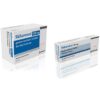
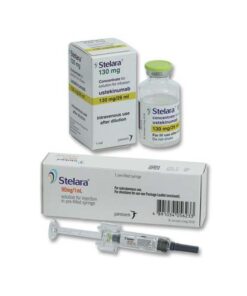
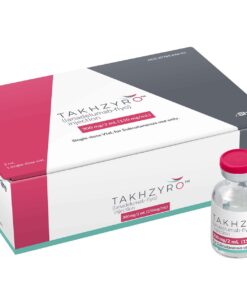

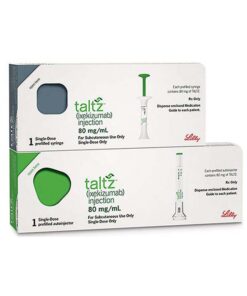
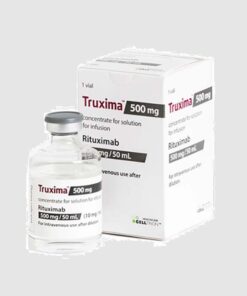

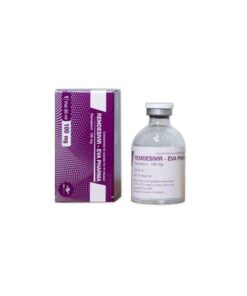
Dr. Stephen R. –
Olumiant has become a reliable part of my treatment toolkit for patients with rheumatoid arthritis, especially those who haven’t responded to TNF inhibitors. Its JAK inhibitor mechanism offers a different approach, and I’ve seen strong improvements in pain, swelling, and function. I also appreciate its once-daily oral dosing, which many patients prefer over injectables. It’s important to monitor labs, but overall, the safety profile is manageable and well-tolerated in my practice. Olumiant provides a meaningful option for improving quality of life in RA.
Linda T. –
I’ve been living with moderate to severe rheumatoid arthritis for over a decade, and Olumiant has given me better results than any treatment I’ve tried before. Within weeks, the stiffness and swelling in my joints started to ease. Now, several months in, I have significantly more mobility and energy throughout the day. I take it once daily and haven’t had any serious side effects. For the first time in years, I feel like myself again. Olumiant has truly given me my life back.